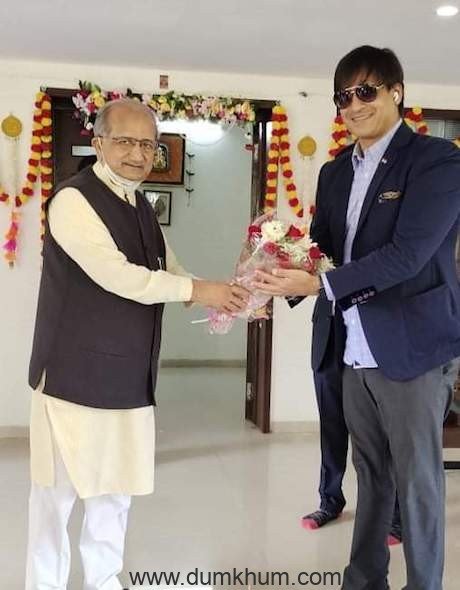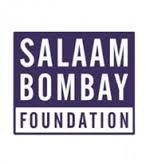Government schools fall short of WHO norms for tobacco control; Bal Parishad insists on strict implementation
A survey of 230 government schools in Mumbai has revealed that the recommendations made in the WHO-Framework Convention for Tobacco Control (WHO-FCTC) for schools is not being implemented. The survey has shown that most of the schools are still falling short when putting into effect guidelines recommended by WHO to ensure tobacco-free schools. The survey was carried out by NGO Salaam Bombay Foundation (SBF) and the findings were shared at the Bal Parishad, a children’s advocacy workshop organized by SBF school children, held at N. M. Joshi Municipal School, Auditorium, Lower Parel, (East).
The Bal Parishad workshop was attended by Mr. Prakash Charte, Deputy Educational officer, (BMC), Mr. Sharad Bande, Superintendent License Department, (BMC), Dr. Pranita Tipure- Assistant Executive, Health office, (BMC), Mr. Mahesh Zagade- Food and Drug Commissioner, Maharashtra.
The Salaam Bombay Foundation survey findings compared few of the recommendations made by WHO-FCTC, against the prevailing conditions in 230 government schools across Mumbai. It was found that:
Only 8% (18 Schools) strictly follow no smoking or chewing of tobacco within premises of institution, by teachers/ students/any staff members.
- 34% (78 Schools) display sign board ‘No Smoking Area- Smoking here is an offense’, inside the premises of institution”, as mandated by law. Majority 66% don’t display any such signage.
- Only 19% (44 Schools) have displayed signage ‘No sale of Tobacco within premises of School or within the radius of 1oo yards’. Majority 81% don’t display any such signage.
- However a majority, 92% (211 Schools) have a copy of Cigarette and other tobacco products Act (COTPA) 2003 available with principal of the school.
- 71% (164 Schools) have posters depicting harmful effects of Tobacco within the premises of the school.
- Only 12% (27 Schools) have a’ Tobacco Control Committee’ in place. To monitor tobacco control initiatives of the school/institute. The committee meets quarterly and reports to the district administration.
Speaking at the workshop, Ms. Devika Chadha, Programme Director, Salaam Bombay Foundation said, “Over the years the Bal Parishad workshop has played an important role in addressing several issues in the implementation of FCTC guidelines. We are proud of our young activists who help in bringing these issues to the attention of policy makers for better implementation.”
Bal Parishad is organized every year to give an opportunity to young children to voice out their views, opinions on specific issues related to tobacco control to decision makers. Young children, elected as ‘Bal Panchayats’ from each school are selected, trained and crafted on advocacy issues through NGO Salaam Bombay Foundation’s Super Army Programme.
About Bal Parishad 2014: In Bal Parishad 2014, Bal Panchayats from five different regions not only discussed an appropriate action plan to eradicate tobacco-use with government authorities, but also decided to go a step ahead and follow up with concerned authorities with regards to those concerns. The key concerns highlighted by the young children included support in creating a tobacco free environment in workplaces and schools, ban on gutka, panmasala, supari. They approached them for support, to help them stop the sale of tobacco within 100 yard of premises in schools, and in places where these laws have not been implemented.
About Salaam Bombay Foundation:
Salaam Bombay Foundation, a non-profit organization, was established in 2002 to empower children to say no to tobacco. The organization provides children with training, performance and reflection platforms to develop life skills that lead to personal and vocational empowerment. These platforms are made available through the Sports, Arts and Tobacco control advocacy programmes. At Salaam Bombay Foundation, we believe that empowerment leads to informed decisions. The organization is active in 129 municipal and 37 government-aided schools in Mumbai and its outreach programmes have reached 33 districts of rural Maharashtra.









